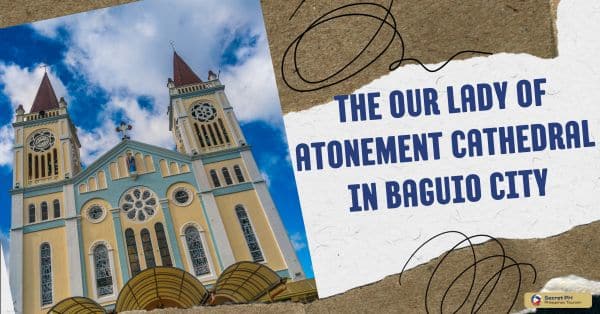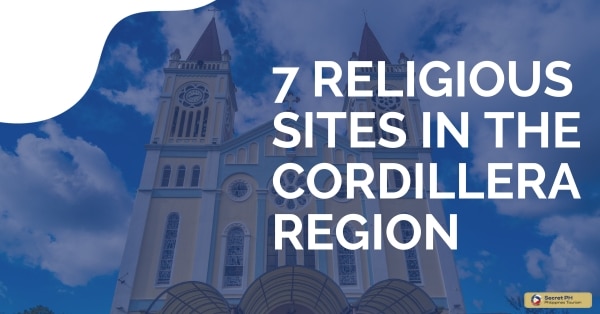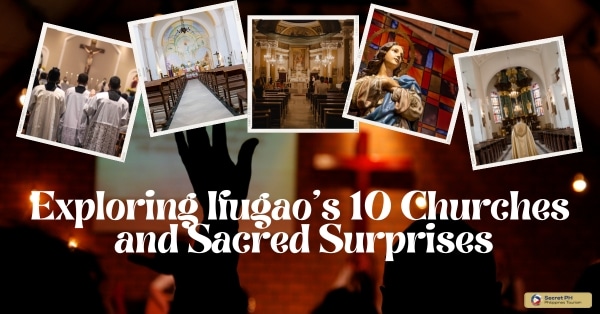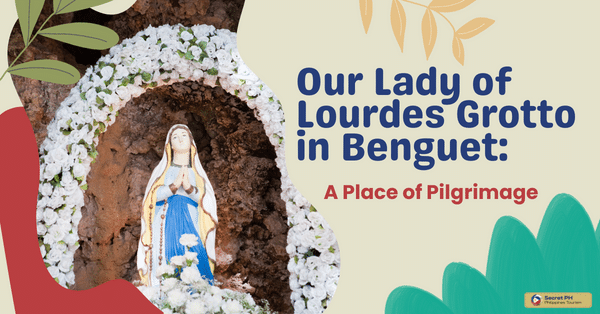The Catholic Church in Benguet has a rich history intertwined with the cultural fabric of the region. From its early missionary efforts to the establishment of religious orders, the Church played a pivotal role in shaping the faith and culture of the local communities. Over time, it faced challenges and underwent transformations, yet it remained a significant institution providing education, social services, and fostering interfaith dialogue.
This article explores the history of the Catholic Church in Benguet and its role within the region today. From early missionary efforts to contemporary challenges, this is a story of faith and culture that has shaped an entire province.
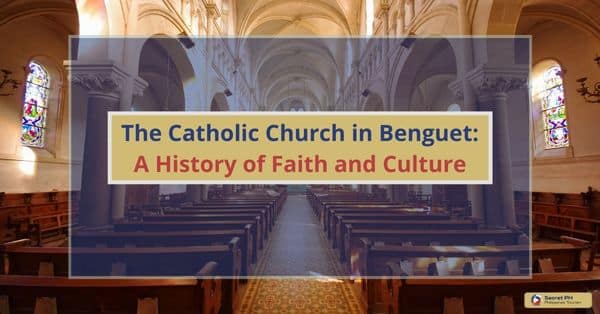
Early Missionary Efforts and the Establishment of the Church
Early missionary efforts in Benguet played a crucial role in the establishment of the Catholic Church in the region. In the late 19th century, Spanish friars and missionaries began venturing into the rugged terrains of Benguet, reaching out to the indigenous communities. These missionaries faced numerous challenges, including language barriers and unfamiliar customs, but their dedication and perseverance led to the gradual acceptance of Catholicism.
The establishment of the Church in Benguet involved building mission stations, such as churches and schools, to serve as centers for religious activities and education. The missionaries actively engaged with the local population, adapting their teachings to the cultural context of the indigenous people.
Through these efforts, they not only introduced Catholicism but also facilitated the integration of local traditions and practices into the faith, resulting in a unique blend of Catholic and indigenous beliefs that characterize the Catholic Church in Benguet today.
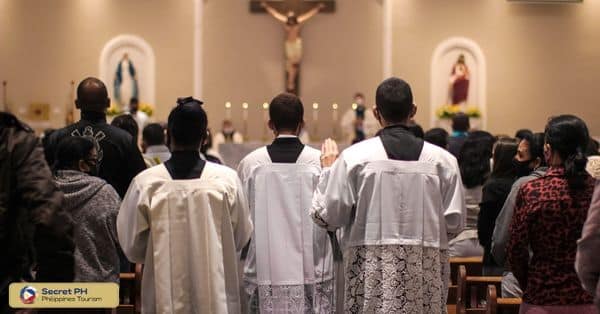
Cultural Integration and the Spread of Catholicism
Cultural integration played a significant role in the spread of Catholicism in Benguet. The missionaries recognized the importance of understanding and respecting the local customs and traditions, which helped foster trust and acceptance among the indigenous communities. They made efforts to incorporate elements of the local culture into Catholic rituals and practices, creating a syncretic form of worship that resonated with the people of Benguet.
Through cultural integration, the Catholic Church in Benguet was able to establish deep roots within the community. Indigenous practices and beliefs were not eradicated but rather incorporated into Catholic rituals, festivals, and celebrations.
This approach not only allowed for the spread of Catholicism but also enabled the preservation of indigenous heritage and identity. The syncretism that emerged became a testament to the adaptability and inclusivity of the Catholic Church in Benguet, creating a unique religious and cultural landscape in the region.
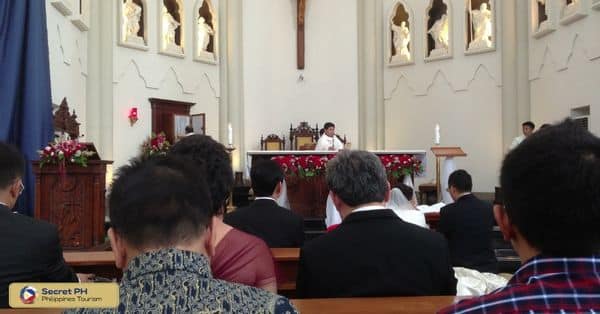
Key Figures and Influential Religious Orders in Benguet
The Catholic Church has been a major force in the history and development of Benguet. The first missionaries arrived in the region in the 16th century, and the church has played a significant role in education, health care, and social welfare ever since. Today, the Catholic Church is the largest religious denomination in Benguet, with over 90% of the population identifying as Catholic.
Key Figures
There have been many key figures in the history of the Catholic Church in Benguet. Some of the most notable include:
- Fr. Juan de la Cruz Guerrero: Guerrero was a Spanish missionary who arrived in Benguet in 1595. He is credited with converting the local people to Catholicism and establishing the first churches in the region.
- Fr. José Burgos: Burgos was a Filipino priest who was executed by the Spanish colonial government in 1872. He is considered a martyr for the cause of Philippine independence.
- Sr. Ignacia del Espiritu Santo: del Espiritu Santo was a Filipino nun who founded the Daughters of Charity of Saint Vincent de Paul in Benguet in 1907. The Daughters of Charity have been providing education and social services to the poor and marginalized in Benguet ever since.
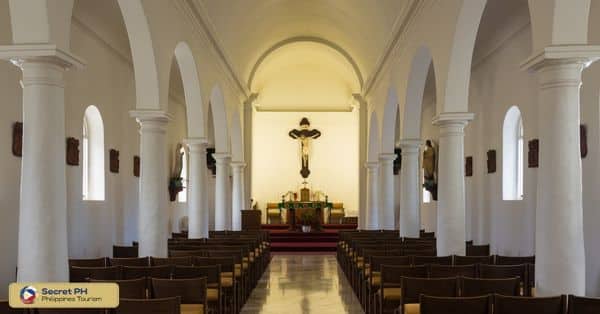
Influential Religious Orders
In addition to the individual priests and nuns who have made significant contributions to the Catholic Church in Benguet, there have also been several influential religious orders. Some of the most notable include:
- The Daughters of Charity of Saint Vincent de Paul: The Daughters of Charity is a Catholic religious order that was founded in France in 1633. They arrived in Benguet in 1907 and have since established schools, hospitals, and other social service institutions throughout the region.
- The Salesians of Don Bosco: The Salesians are a Catholic religious order that was founded in Italy in 1854. They arrived in Benguet in 1910 and have since established schools, vocational training centers, and other youth ministry programs throughout the region.
- The Oblates of Mary Immaculate: The Oblates are a Catholic religious order that was founded in France in 1816. They arrived in Benguet in 1912 and have since established schools, hospitals, and other social service institutions throughout the region.
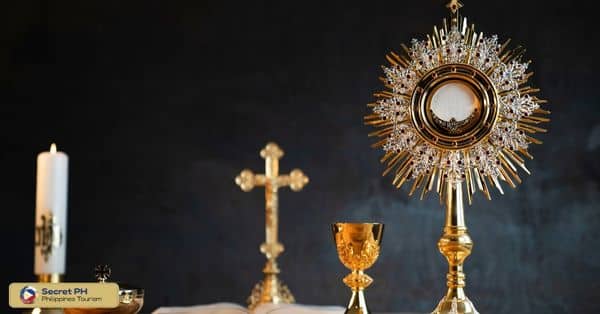
The Role of the Church in Education and Social Services
For centuries, churches have played a vital role in providing education and social services to their communities. In the Philippines, the Catholic Church has been at the forefront of this effort, especially in remote and underserved areas like Benguet. Here’s a closer look at how the Catholic Church in Benguet has been serving its people through various educational and social programs.
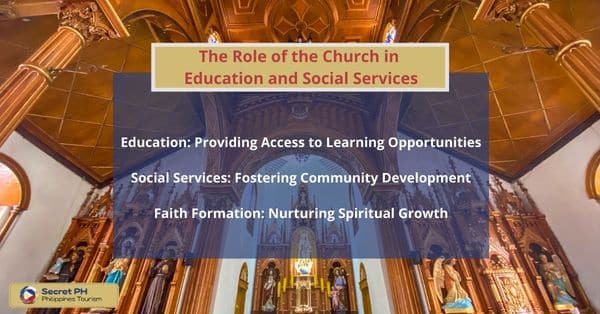
Education: Providing Access to Learning Opportunities
One of the primary roles of the Catholic Church in Benguet is to provide access to quality education to the local population. Through the establishment of schools, the church has been able to promote literacy, critical thinking, and skills development among its students.
The Catholic Educational Association of Benguet (CEAB) manages several schools in the province. Including Saint Louis University, Benguet State University, and the University of Baguio. These institutions offer a wide range of academic programs, from basic education to postgraduate studies.
Social Services: Fostering Community Development
Aside from education, the Catholic Church in Benguet also provides various social services that help promote community development and well-being. Through its charity arm, Caritas Benguet, the church offers relief and assistance to those who are most in need, especially during times of natural disasters or emergencies. Caritas Benguet also works on sustainable development initiatives, such as livelihood programs, health and nutrition campaigns, and environmental protection projects.
Faith Formation: Nurturing Spiritual Growth
Finally, the Catholic Church in Benguet plays a crucial role in nurturing the spiritual growth and well-being of its members. Through regular masses, sacraments, and retreats, the church provides a platform for individuals to deepen their faith and connect with their community. It also promotes social justice and encourages its members to live out their faith by addressing the needs of their fellow human beings.

Challenges and Transformations: The Church in Modern Times
The Catholic Church has always been a cornerstone of faith and tradition, providing guidance and support to its followers. However, with the changing times, the Church has also faced various challenges and transformations that have tested its resilience and adaptability. In the province of Benguet, these challenges and transformations are no different.
Challenges Faced by the Church
As society progresses, the Church faces new and unique challenges that require careful navigation. Some of the challenges faced by the Church in Benguet include:
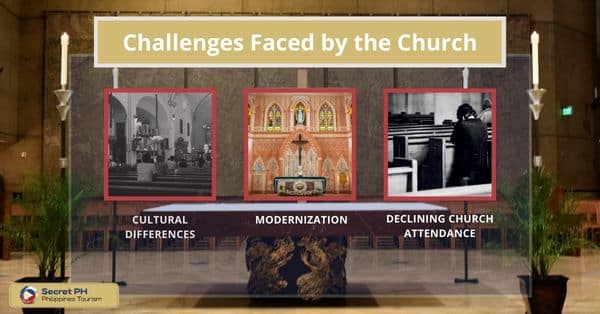
1. Cultural Differences– Benguet has a diverse population with different cultural practices and beliefs. This presents a challenge for the Church, as it strives to accommodate these beliefs while staying true to its teachings.
2. Modernization– As technology advances, the Church must adapt to keep up with the changing times. This includes embracing social media and other digital platforms to reach a wider audience.
3. Declining Church Attendance– In recent years, there has been a decline in church attendance, not just in Benguet but worldwide. This presents a challenge for the Church to find new ways to engage and attract people to the faith.
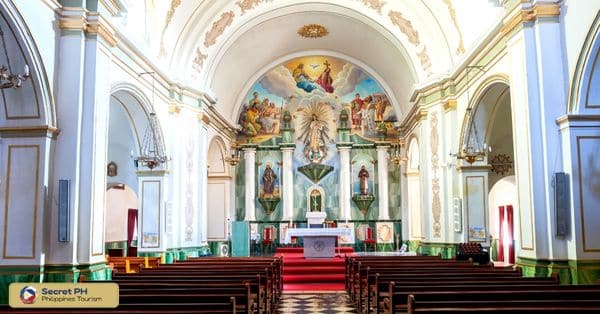
Transformation of the Church
Despite these challenges, the Church in Benguet has transformed over the years to stay relevant and impactful in people’s lives. Here are some of the transformations that have taken place:
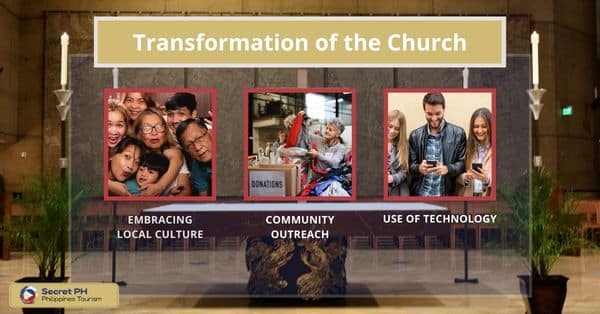
1. Embracing Local Culture– The Church in Benguet has embraced local culture, incorporating traditional practices into its teachings. This has helped the Church connect with the people on a deeper level.
2. Community Outreach– The Church has become more involved in community outreach programs, providing assistance to those in need and fostering a sense of solidarity and community.
3. Use of Technology– The Church has embraced technology, using social media and other digital platforms to reach a wider audience. This has helped the Church stay connected with its followers and provides guidance even in times of social distancing.
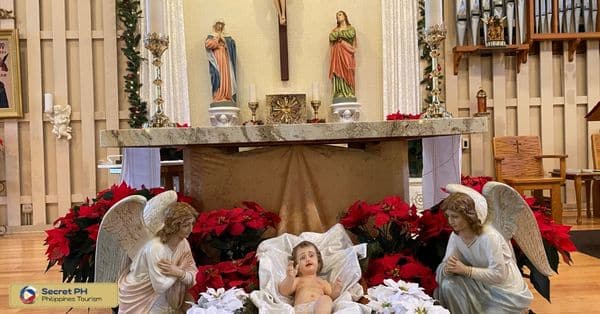
The Catholic Church and Indigenous Beliefs in Benguet
The relationship between the Catholic Church and indigenous beliefs in Benguet has been a unique and intricate one. The Church recognized the importance of respecting and integrating local indigenous beliefs and practices into Catholic rituals, fostering a syncretic form of worship.
Indigenous traditions and customs were not erased but rather incorporated into Catholic ceremonies, festivals, and spiritual practices, creating a harmonious blend of Catholicism and indigenous spirituality. This approach allowed for cultural preservation while embracing the Catholic faith.
The Catholic Church in Benguet has played a vital role in preserving and celebrating the rich cultural heritage of the indigenous communities. It has become a space where indigenous beliefs and practices are respected, acknowledged, and integrated.
This inclusive approach has not only deepened the connection between the Church and the indigenous people but has also fostered a sense of identity and pride among the local communities. The Catholic Church in Benguet stands as a testament to the possibilities of cultural integration and interfaith dialogue. Creating a religious landscape where Catholicism and indigenous beliefs coexist in harmony.
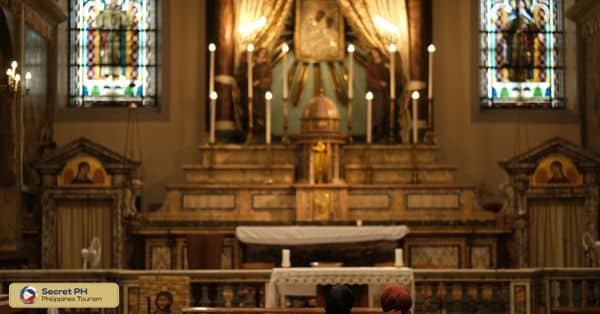
In conclusion
The Catholic Church in Benguet has been a major force in shaping the history and development of the region. Through its missionary efforts, cultural integration, key figures, influential religious orders, education programs, social services, faith formation initiatives, and relationships with indigenous beliefs—the Catholic Church has served as an integral part of society for centuries.
As it continues to face the challenges of modernization and changing times, the Church has adapted, transforming itself to stay relevant and impactful in its mission of providing guidance and support to its followers. In doing so, it has become a symbol of unity and hope for many in Benguet.

